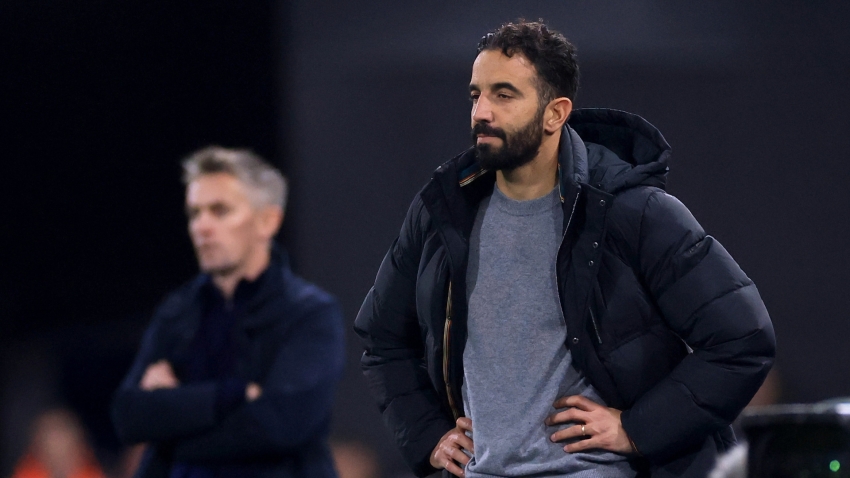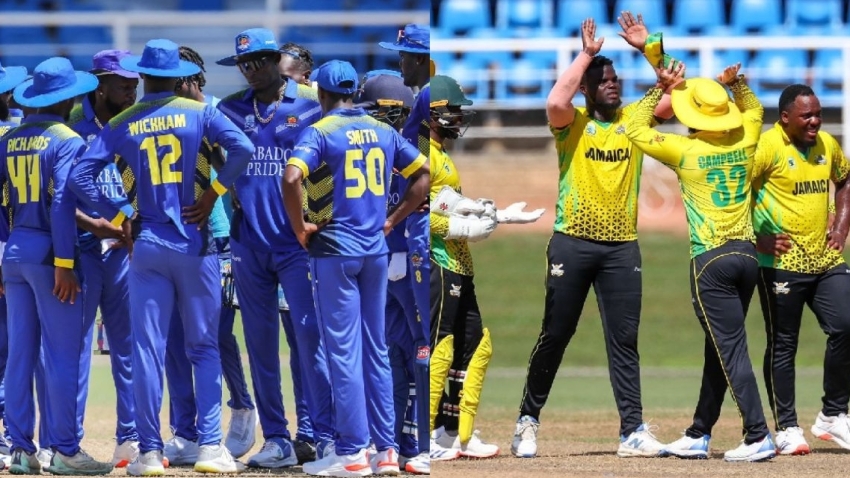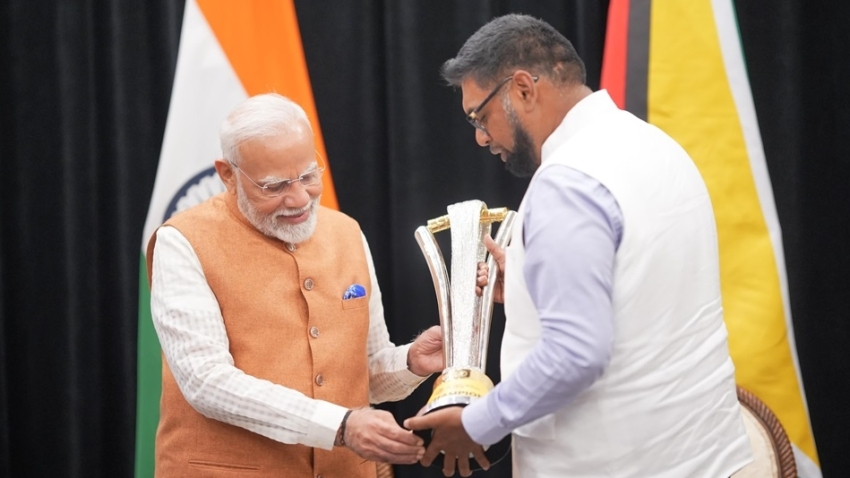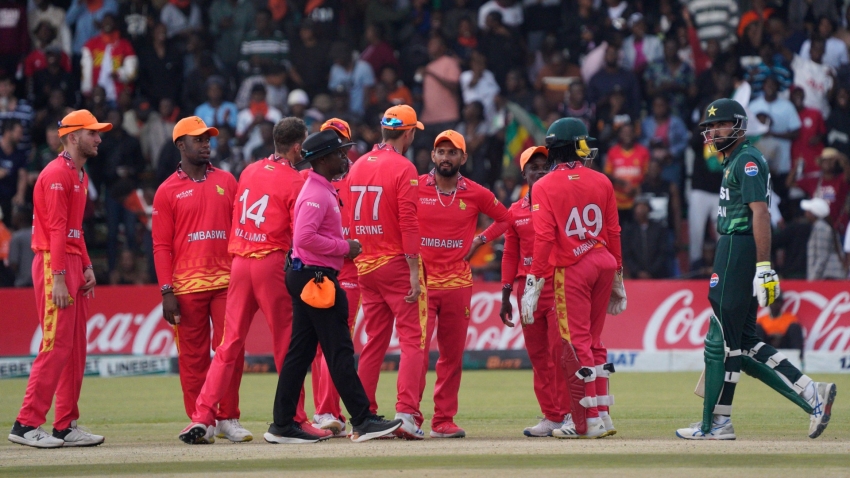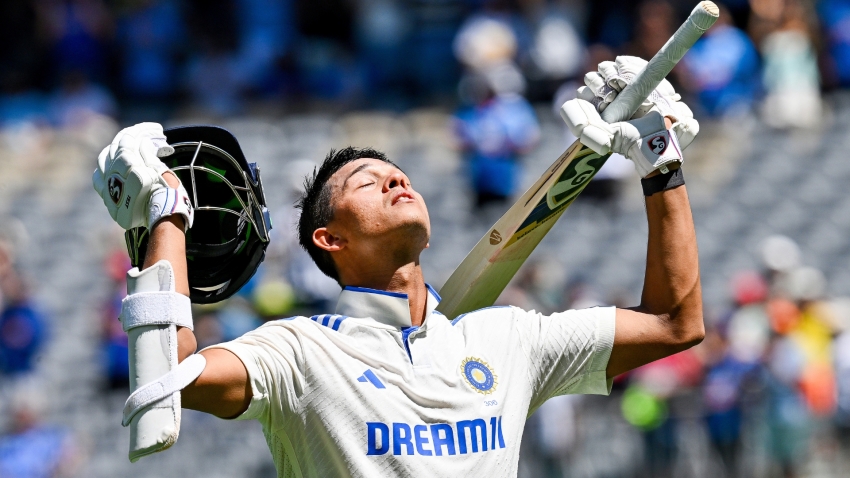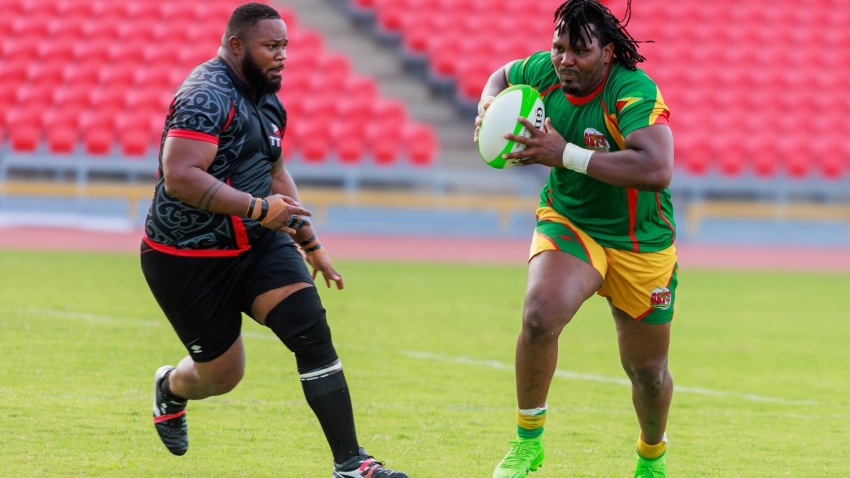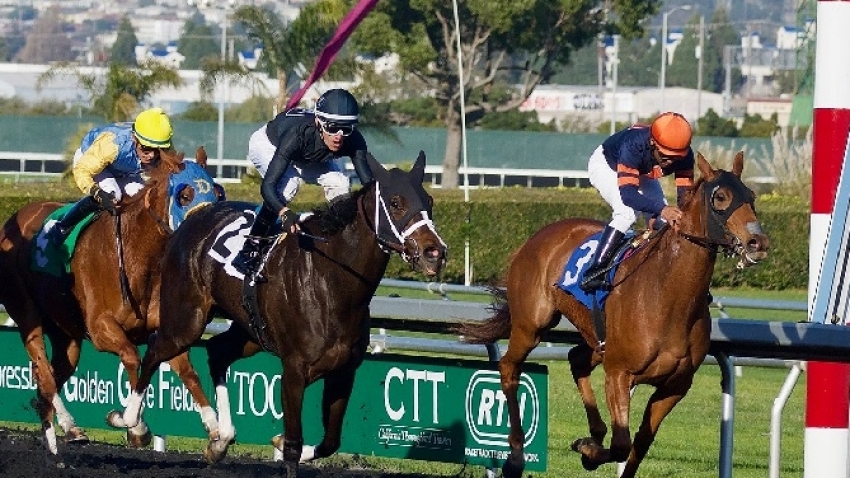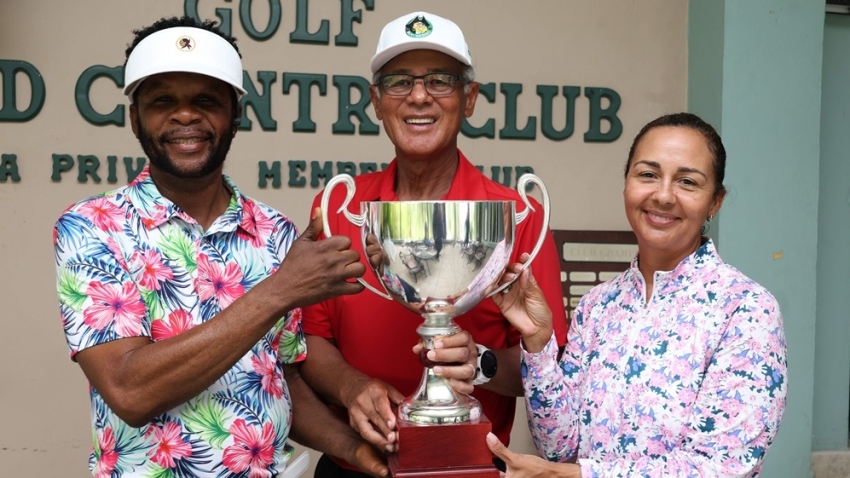Jamaican striker Michail Antonio recently opened up about a bizarre and frustrating series of events that caused him to miss the Reggae Boyz's crucial Concacaf Nations League second-leg clash against the United States.
Speaking candidly on a podcast, Antonio detailed how losing his British passport set off an unexpected chain reaction that kept him grounded in Ghana and ultimately sidelined him from the decisive game.
The England-born player, who switched allegiance to Jamaica in 2021, explained that the trouble started when he misplaced his British passport just before traveling. Despite the setback, the West Ham striker decided to proceed with his plans, using his Jamaican passport to travel to Ghana to visit his academy, Samba Stars.
“I lost my passport before I left, but I thought, 'I'm English, so it's not gonna be a problem getting back into the UK,'" Antonio said on the Rest is Football podcast.

Antonio shows off his Jamaican passport during the podcast.
Confident that his Jamaican passport would suffice, Antonio spent three days in Ghana conducting media work and meeting players at his academy.
However, the real challenge came when the 34-year-old attempted to fly back to England, as immigration officials at the airport in Ghana dropped a bombshell—he required a visa to re-enter England using his Jamaican passport.
“I get to the airport, and they're like, ‘Where’s your visa?’” Antonio shared.
“I’m like, ‘What are you talking about?’ They said, ‘You need a visa to get back to the UK.’ I was like, ‘No, I don’t. I’m English. I’ve been living in the UK my whole life,’” he added.
What Antonio hadn’t realized was that using his Jamaican passport—a foreign document in this case—meant he was subject to the same entry requirements as any other Jamaican citizen, including a visa to enter the United Kingdom.
His disbelief quickly turned into frustration as Antonio realized he wouldn’t be allowed to board his flight back to England. Instead, he was forced to remain in Ghana for an additional three days while he arranged for an emergency British passport.
“I’ve never needed a visa in my life, but because I was using my Jamaican passport for the first time to get back to England, I needed one,” he stated with a broad smile.

That delay threw Antonio’s travel plans into disarray. While he eventually returned to England, he missed the opportunity to secure a visa to fly to the United States for Jamaica’s Nations League second leg in St Louis, Missouri.
Antonio’s absence proved costly for the Reggae Boyz, who suffered a 4-2 loss to their rivals at Energizer Park, sealing a 5-2 aggregate defeat in the two-legged tie.
Antonio, who has been pivotal in Jamaica's recent campaigns and has five goals in 21 appearances, could only watch from afar as the Reggae Boyz fell short of the Nations League semi-final and, by extension, the next edition of the Concacaf Gold Cup.
They are now left to contest the preliminary round in March in order to book a spot in the prestigious tournament.
For Antonio, the ordeal was a learning experience, as his story highlights the challenges faced by dual-national athletes navigating complex travel requirements.
Still, the West Ham striker is back in England, ready to focus on club and country, but will likely double-check his passport before his next trip.
"In the times we’re in with AI and everything, you’re telling me I can’t leave the UK, where I was born, and fly to Ghana using my Jamaican passport, and I can’t come back to England without a visa?” he joked.









